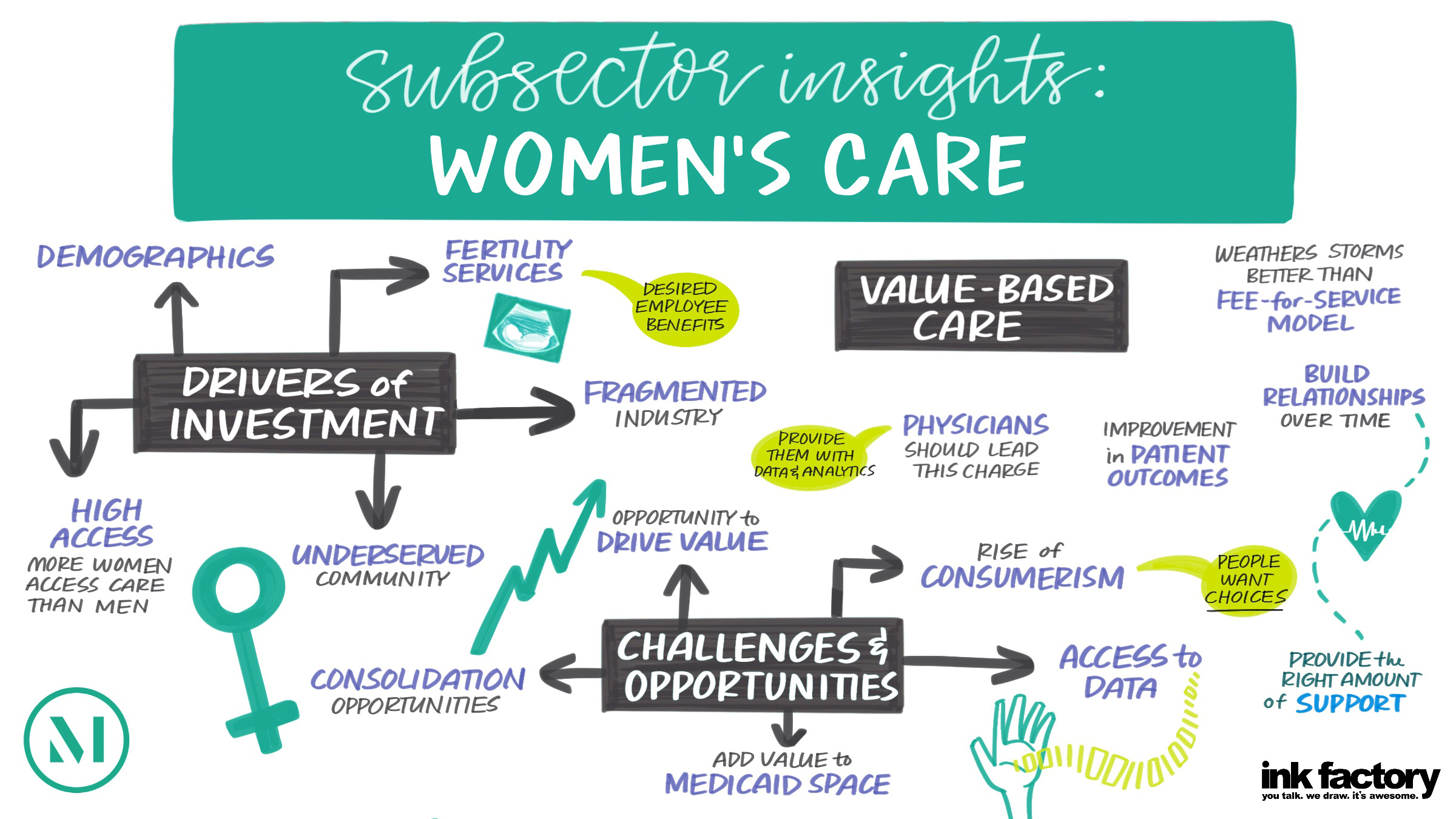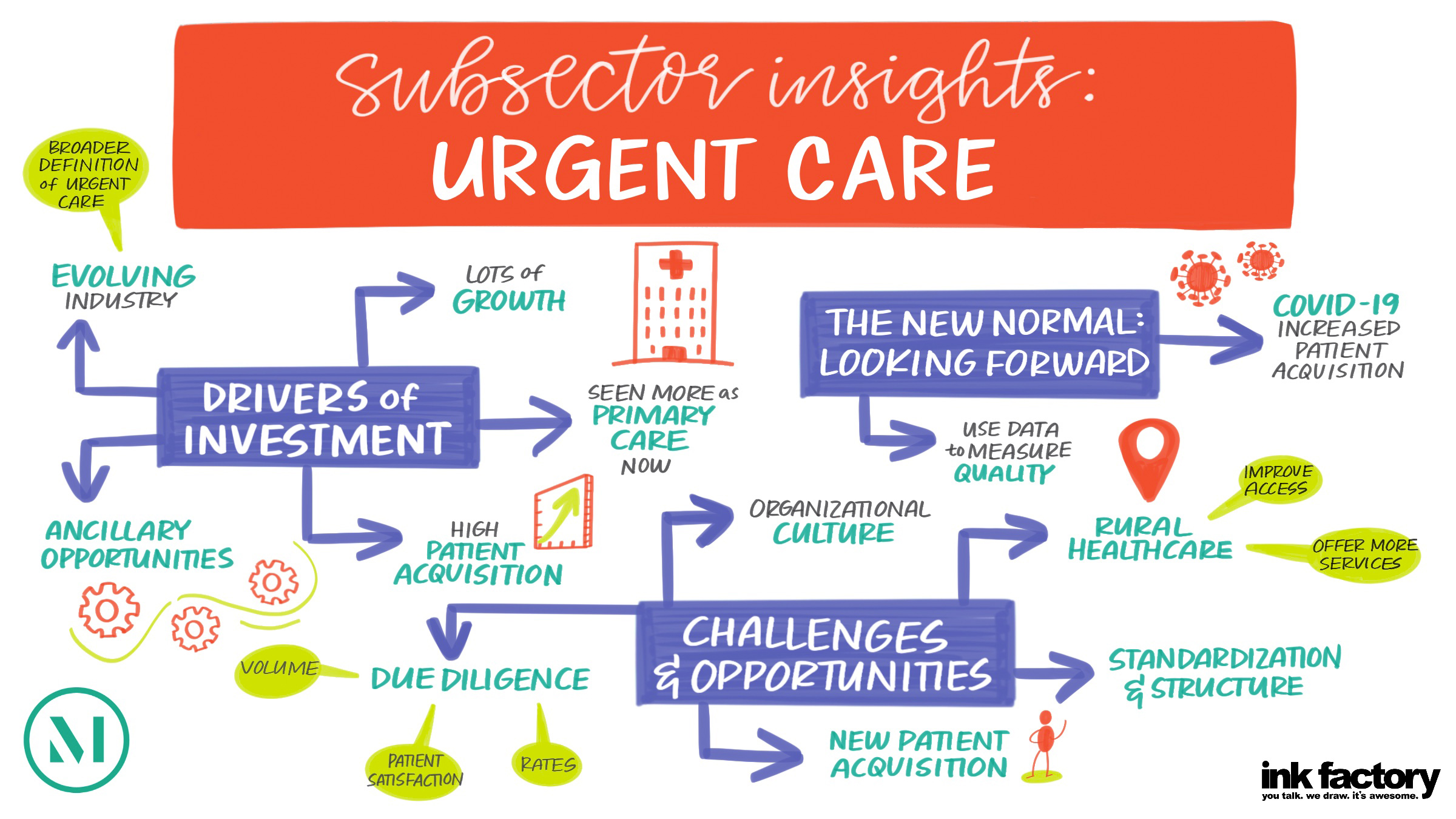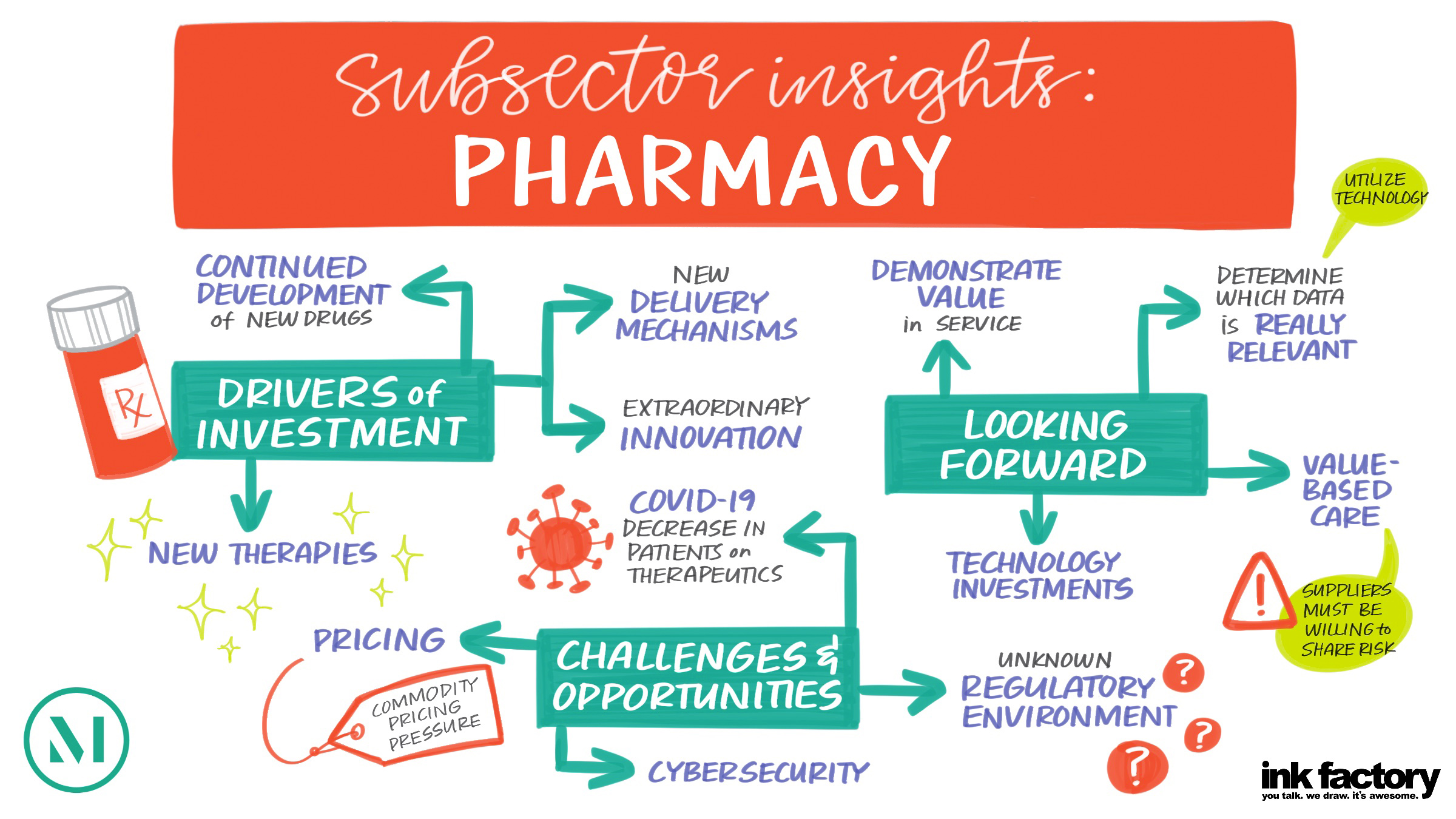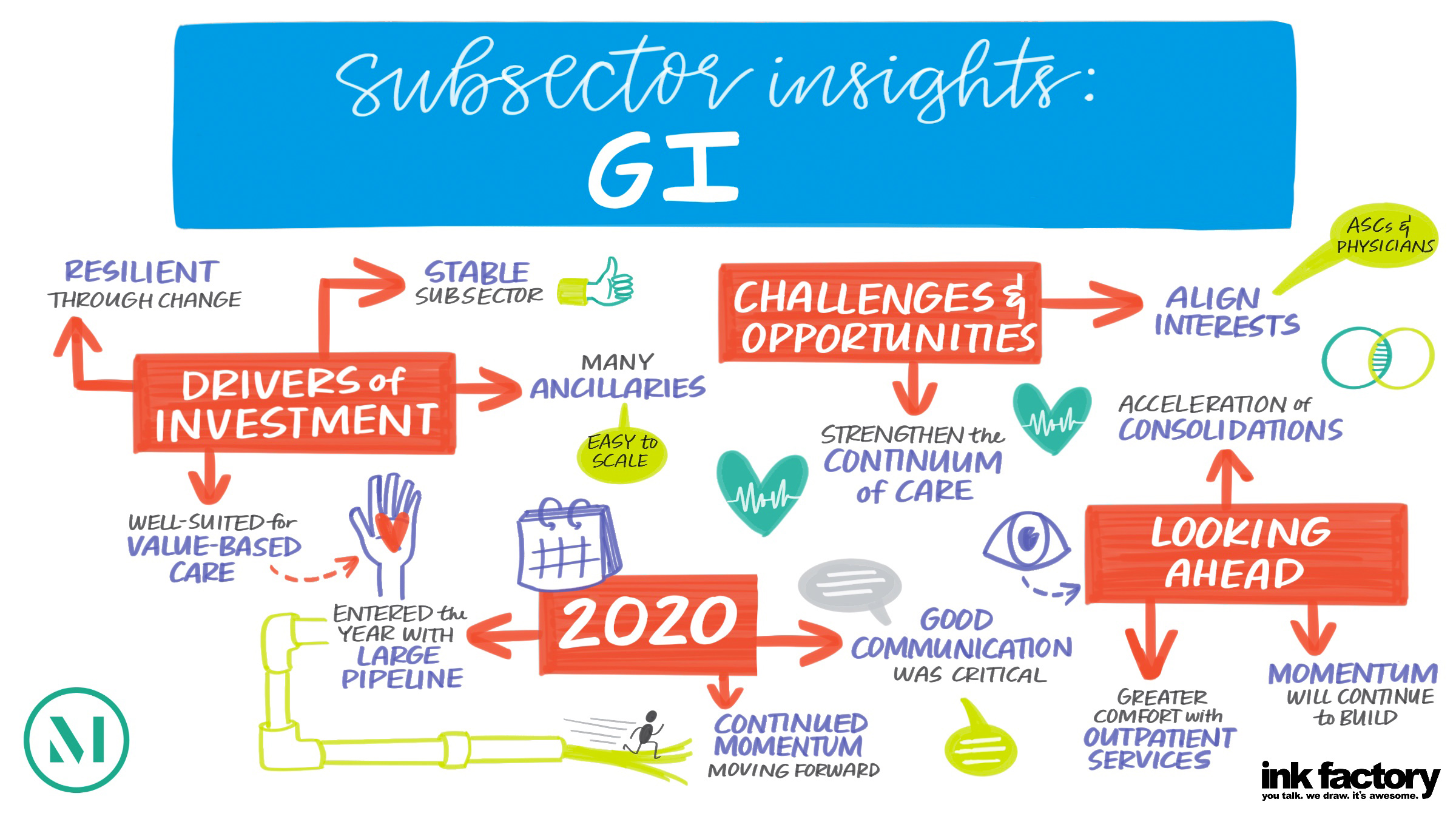In this session, panelists discussed the political shifts in Washington that are impacting healthcare reimbursement, operations, and deal strategies, including Centers for Medicare & Medicaid Services (CMS) policies on reimbursement, recent activity regarding non-competes and consolidation, and the end of the COVID-19 public health emergency (PHE).
Session panelists included:
- Brian Fortune, President, Farragut Square Group
- Deborah Godes, Vice President, McDermott+Consulting
- Katharine O’Connor, Partner, McDermott Will & Emery
- William Prentice, Chief Executive Officer, Ambulatory Surgery Center Association
- Moderator: Eric Zimmerman, Principal, McDermott+Consulting, and Partner, McDermott Will & Emery
Top takeaways included:
- Eight years after the passage of the Medicare Access and CHIP Reauthorization Act of 2015 (MACRA), CMS continues to make adjustments to calibrate physician reimbursement. As they do so, budget neutrality requirements continue to hamper progress. Providers may have to look to the US Congress to get involved and implement an inflation adjustment factor to the fee schedule.
- Ambulatory Surgery Centers (ASCs) may face challenges in obtaining favorable reimbursement as they enter the fifth year of a pilot program in which they have been receiving the same inflation adjustments as hospitals. At the end of the pilot program, it is unclear whether ASC reimbursement will continue to receive the hospital market basket adjustments or go back to Consumer Price Index (CPI) adjustments, which have historically been less favorable than hospital inflation adjustments.
- Site neutrality continues to be a hot topic as CMS and Congress looks for ways to minimize incentives to refer patients to one setting over [...]
Continue Reading
read more

 Subscribe
Subscribe








